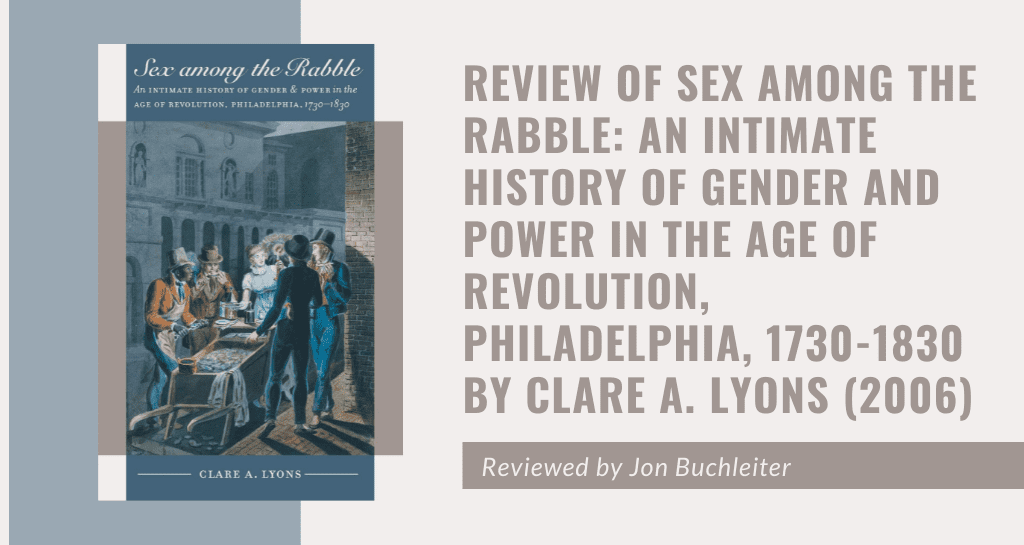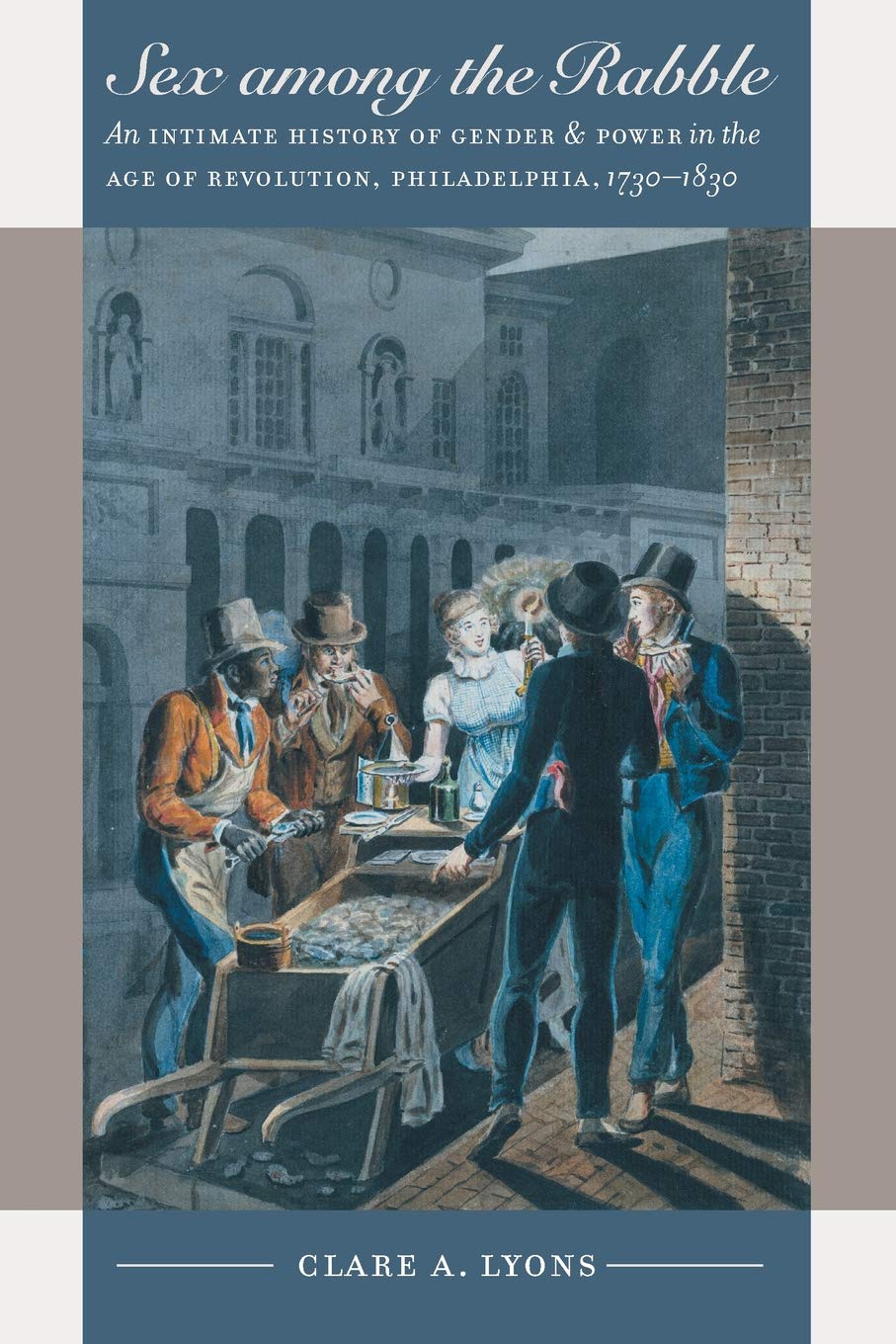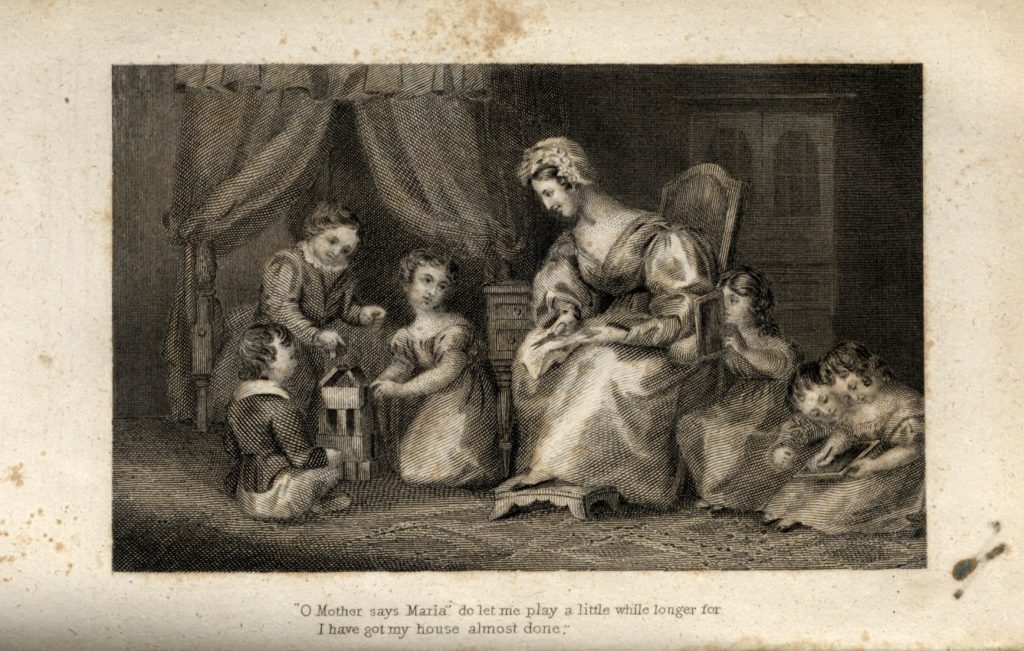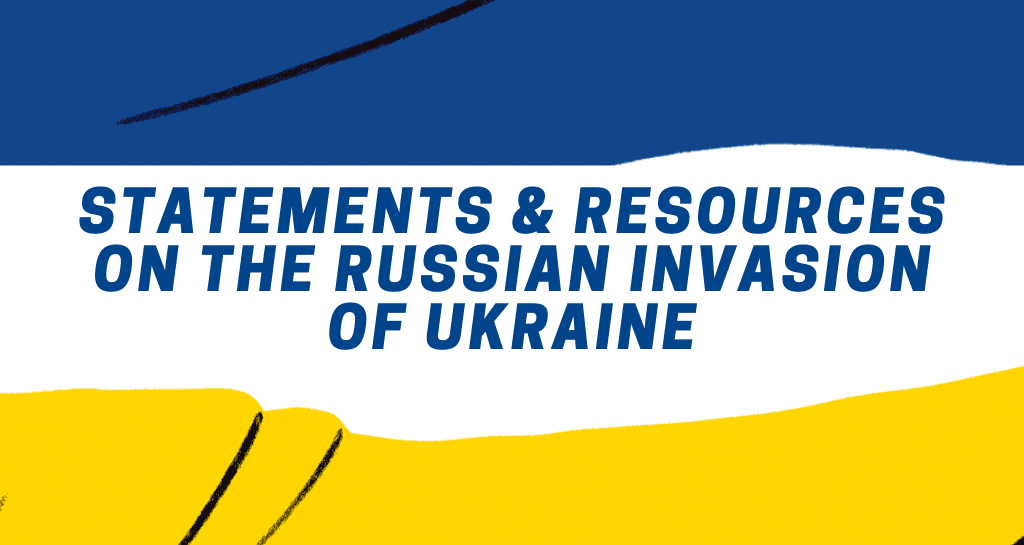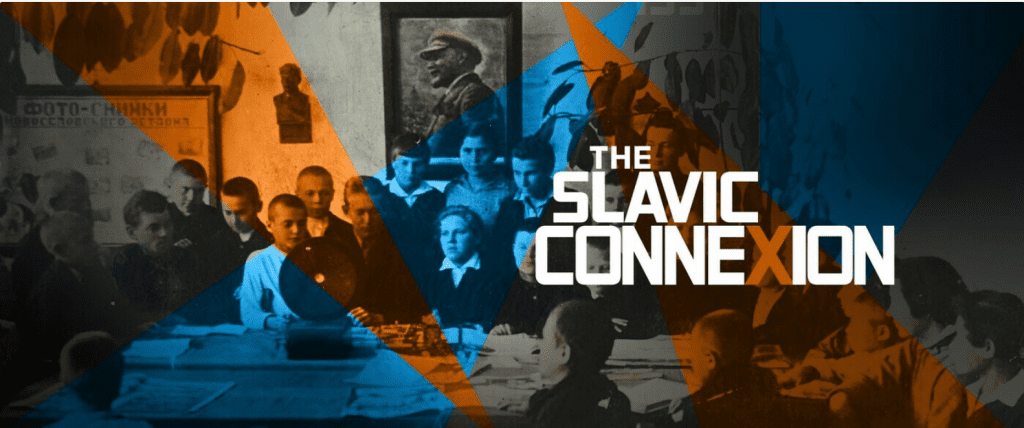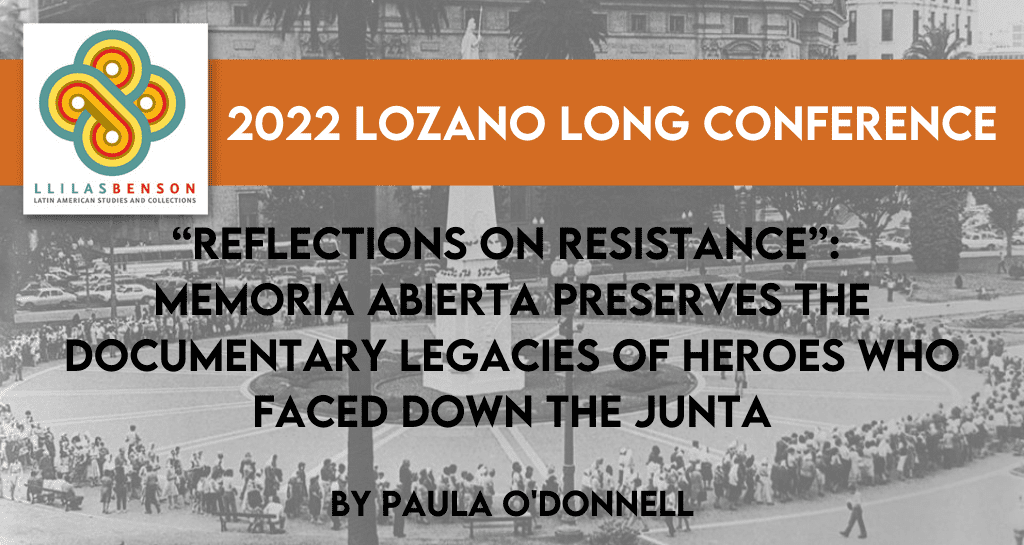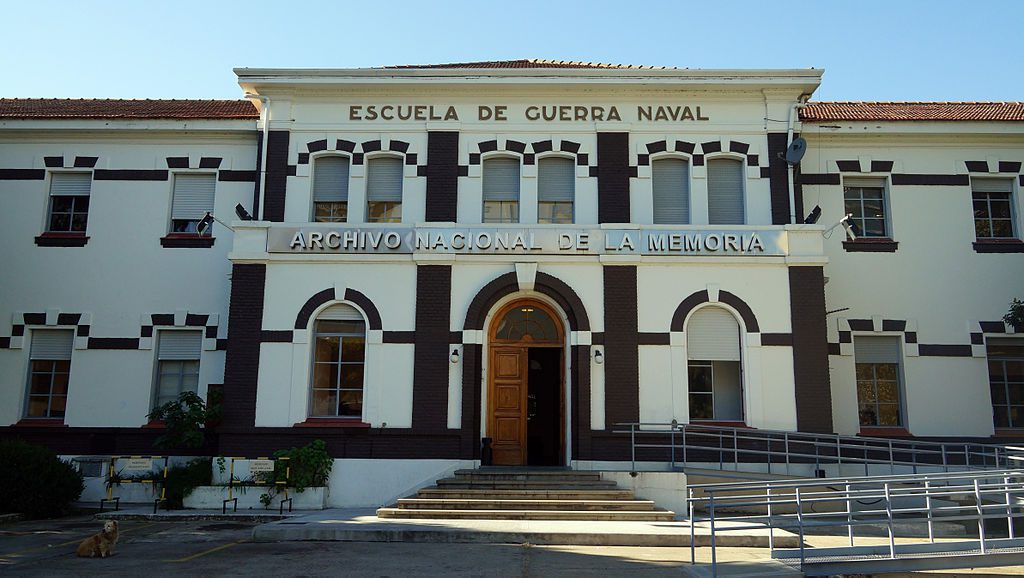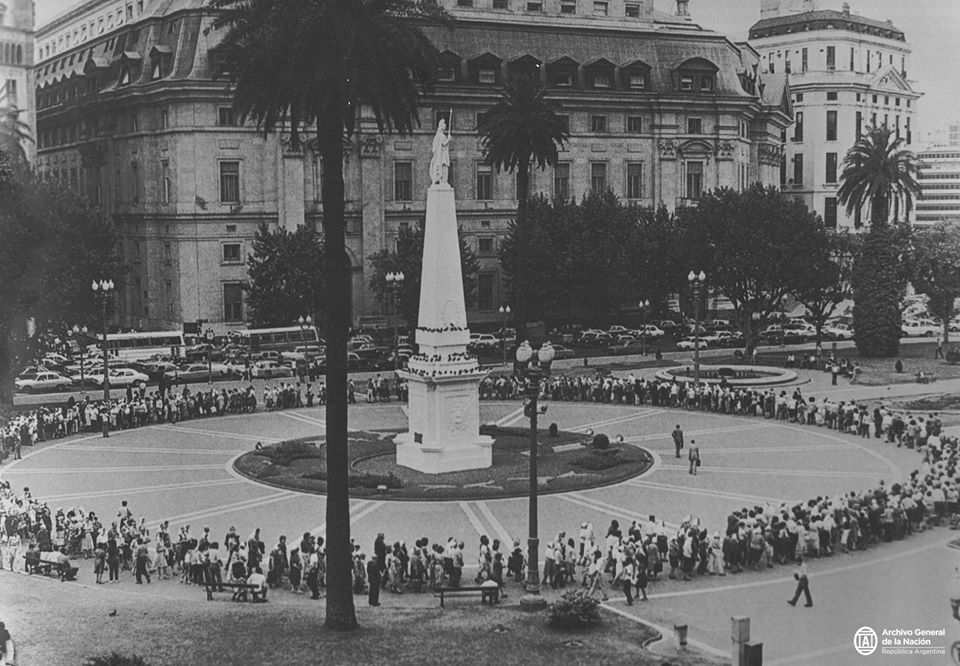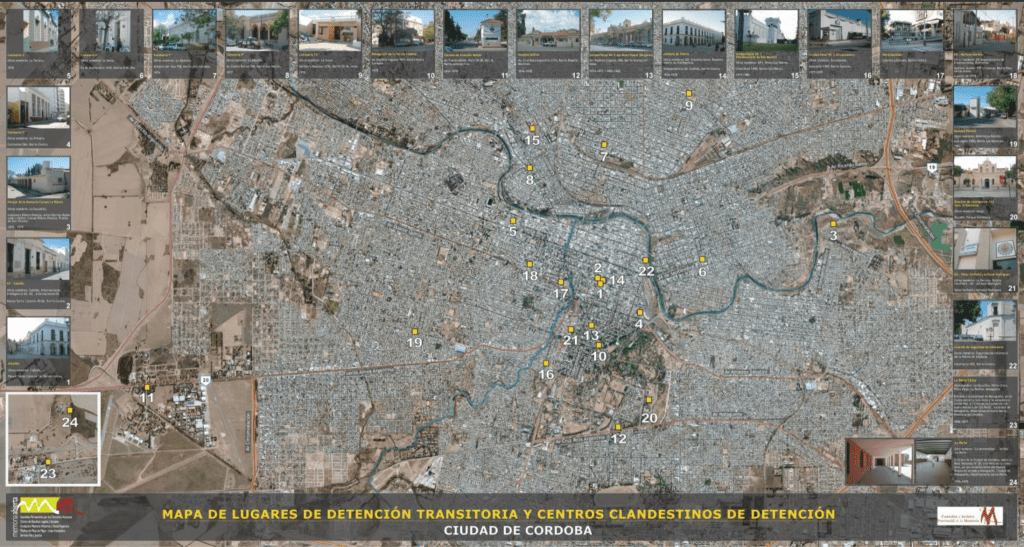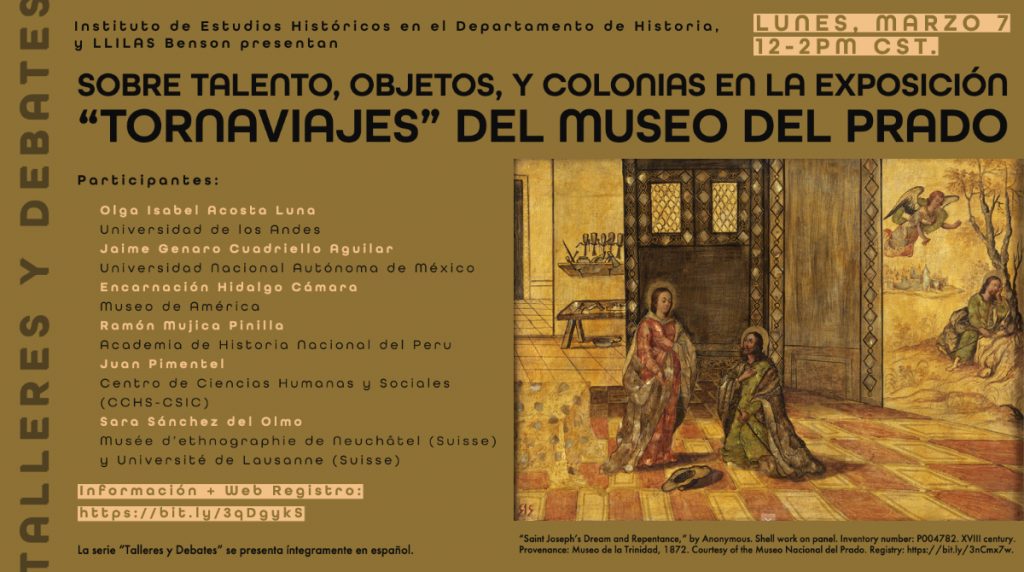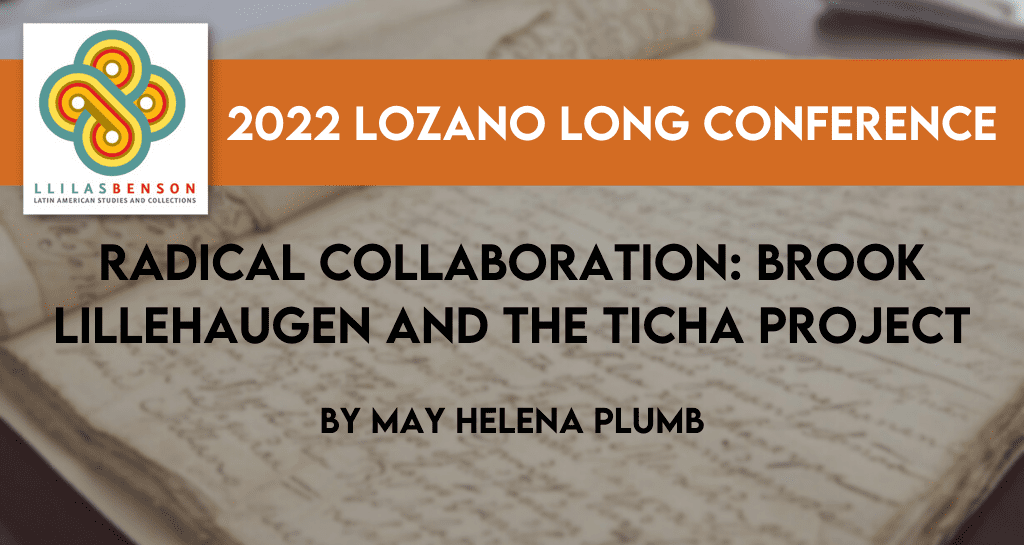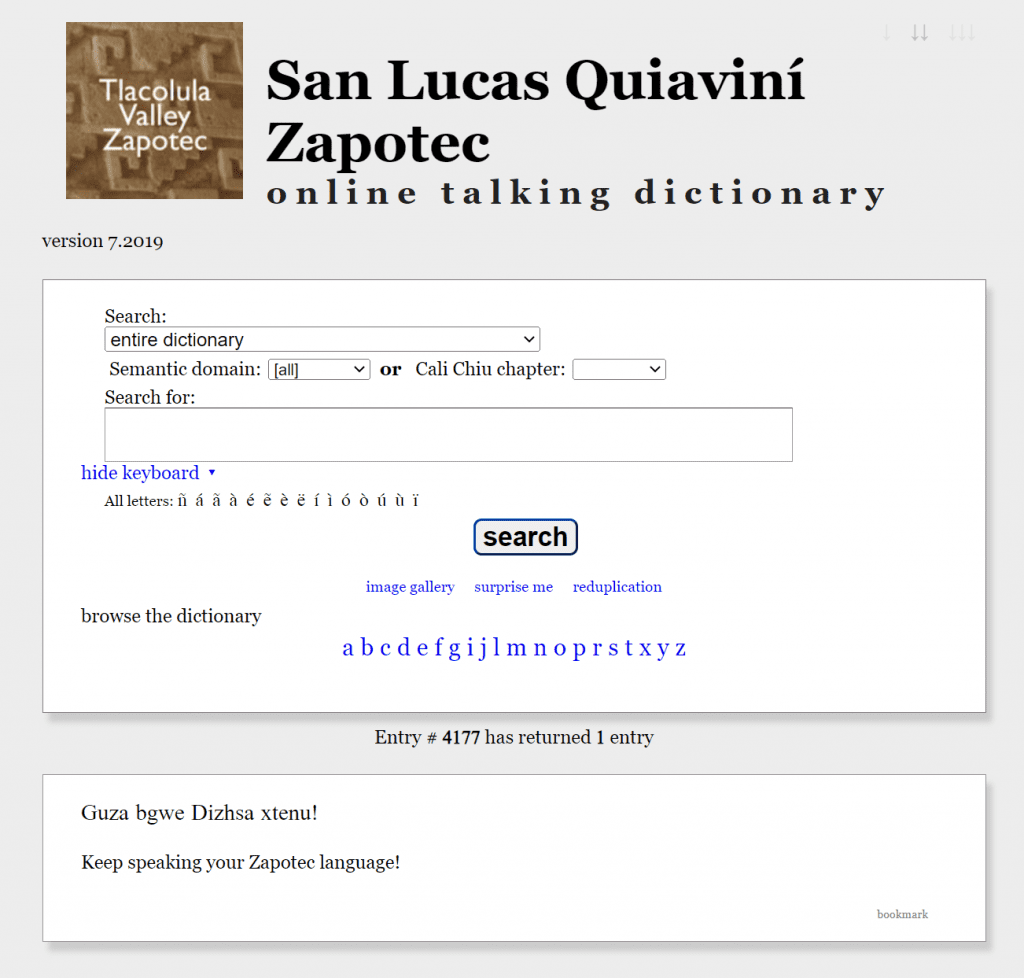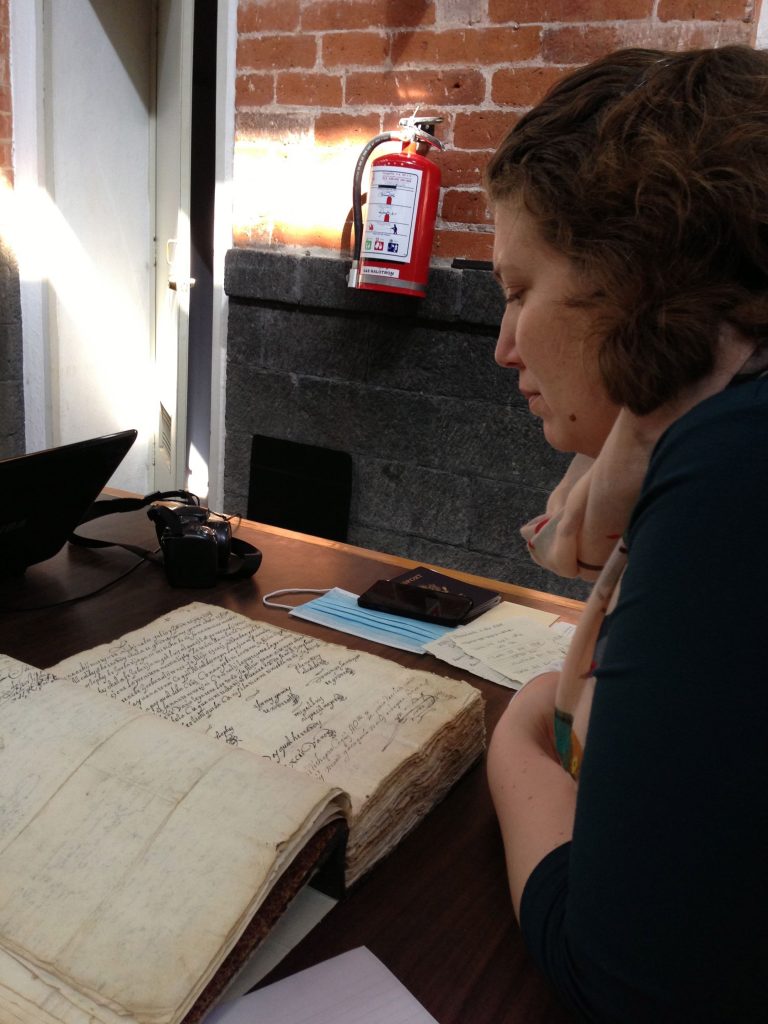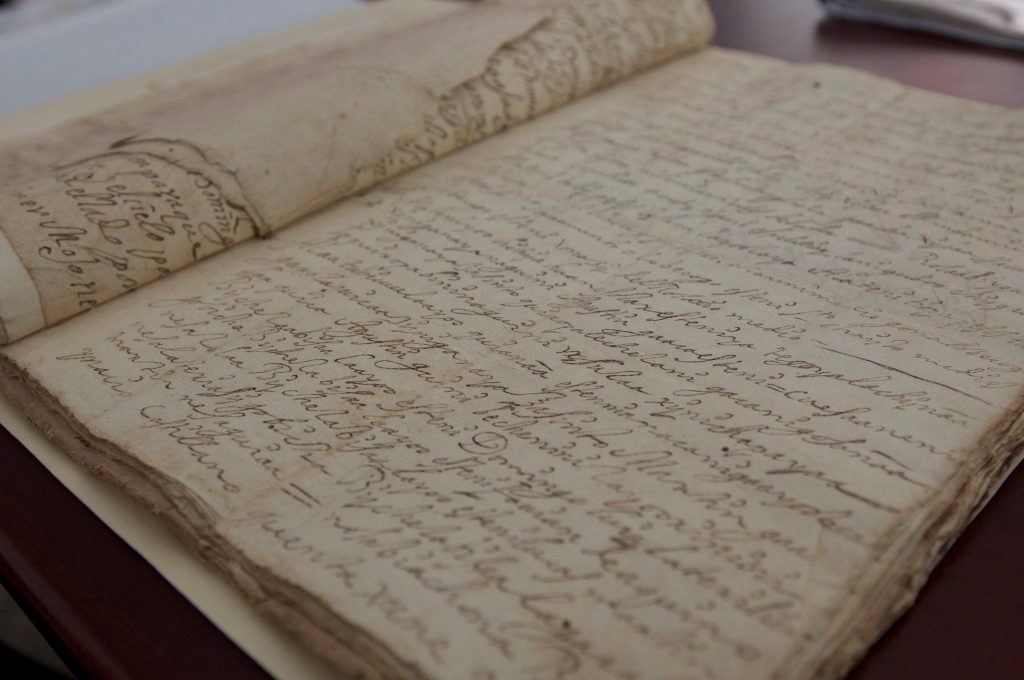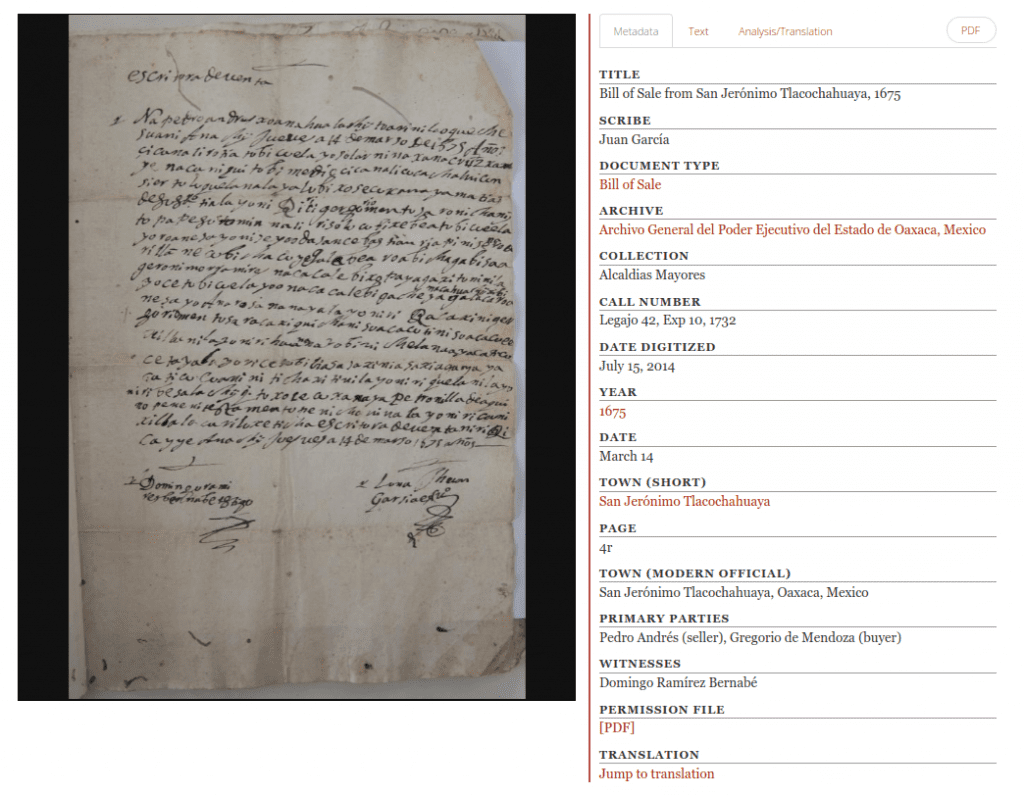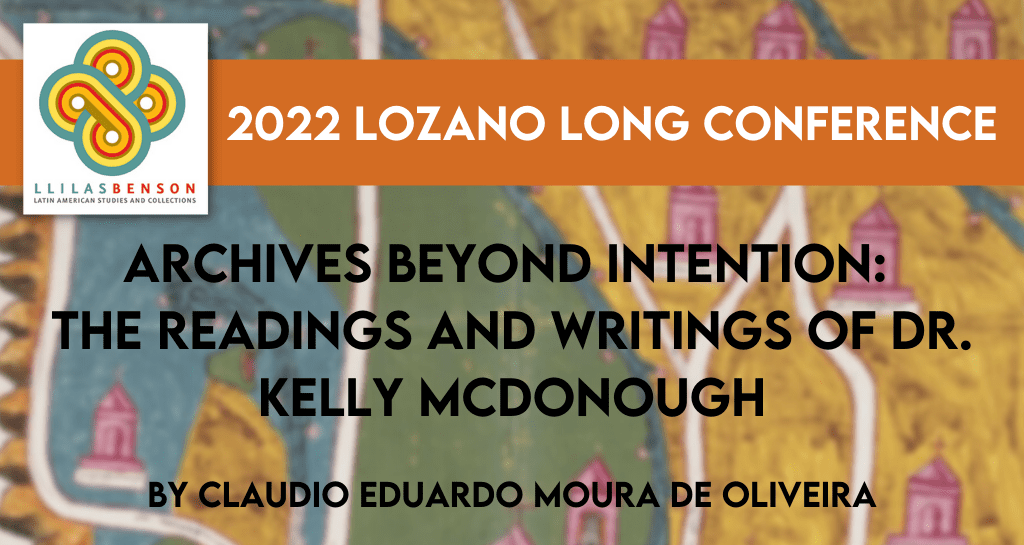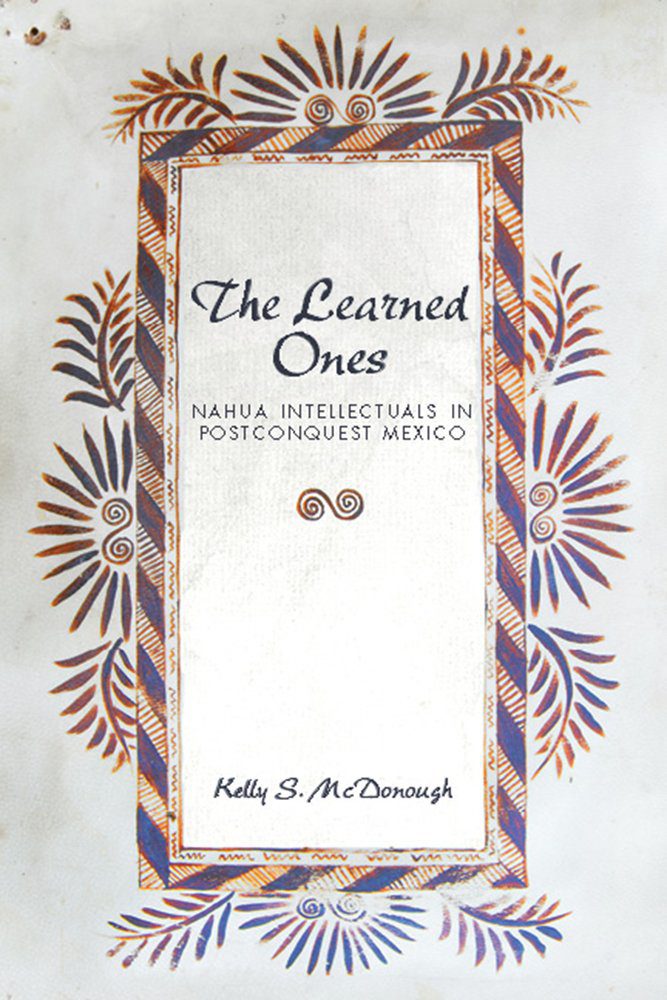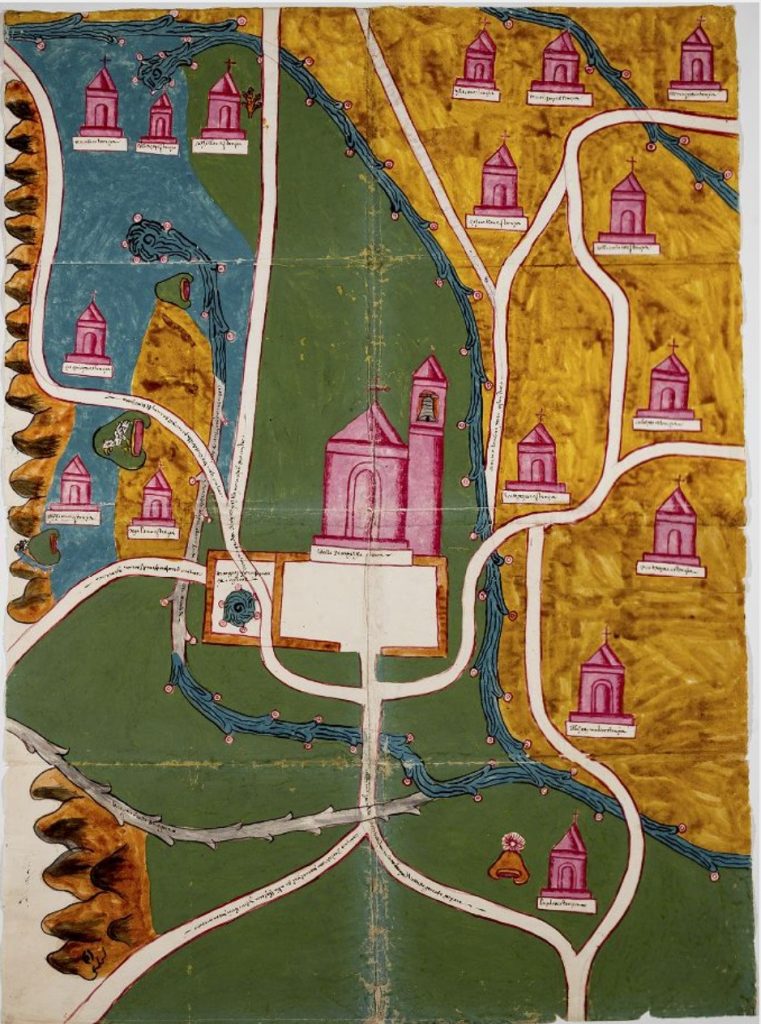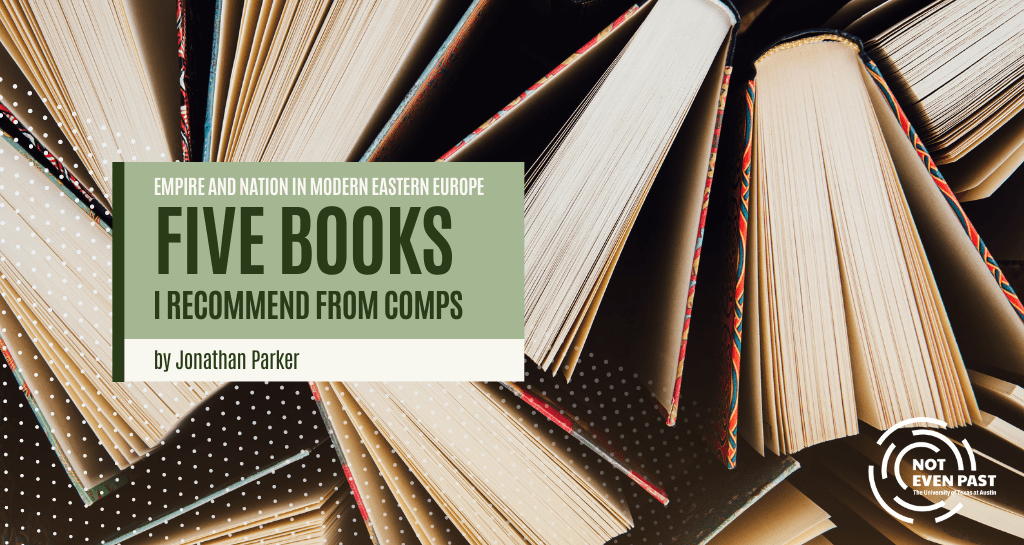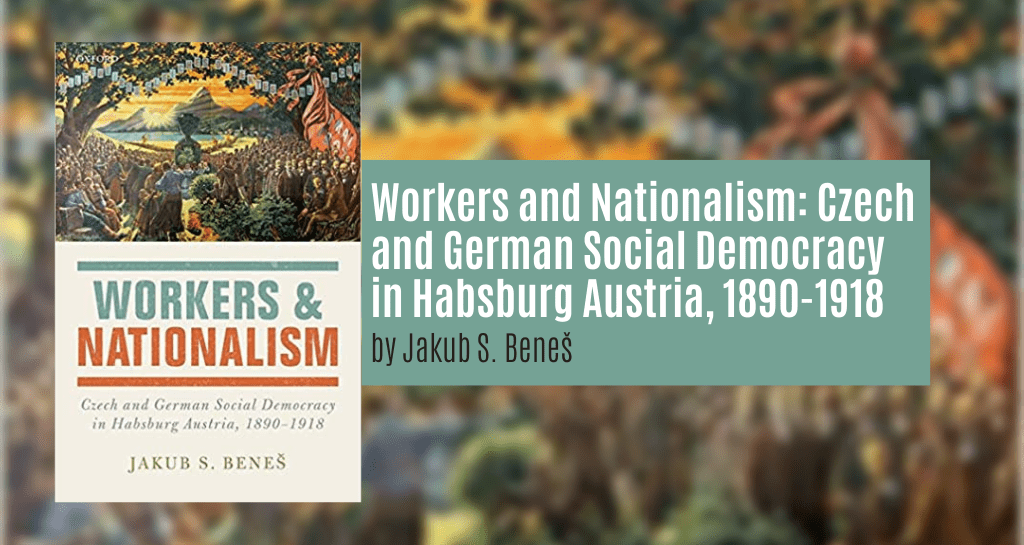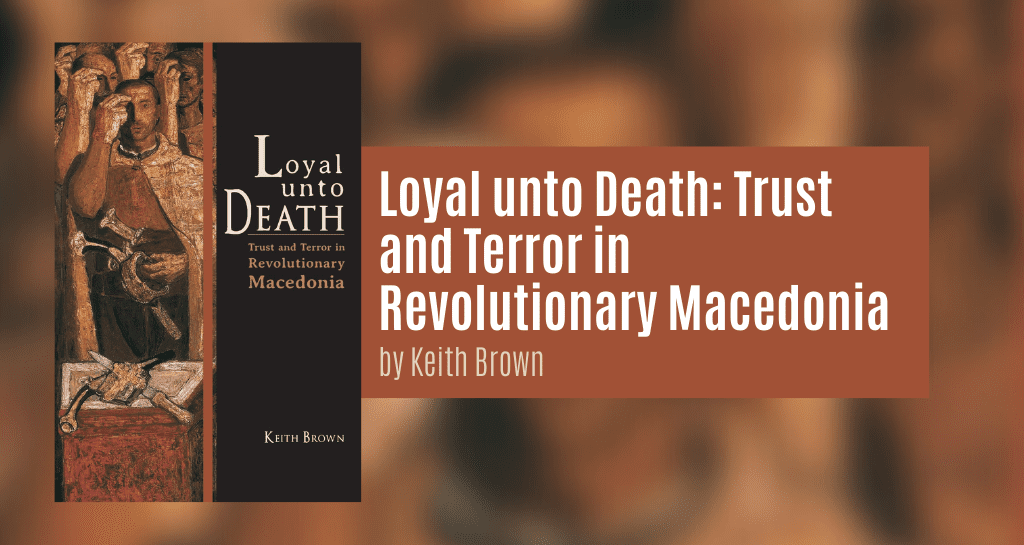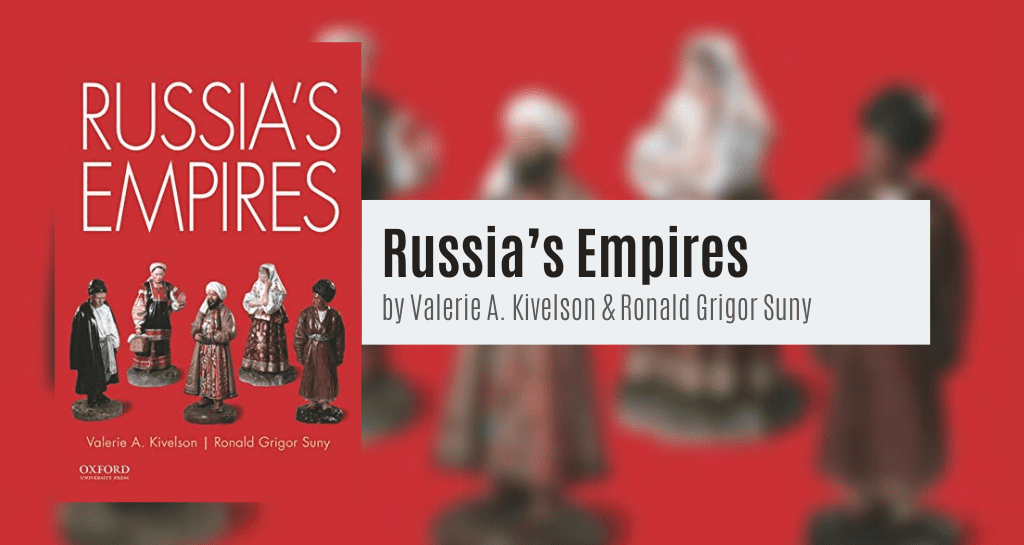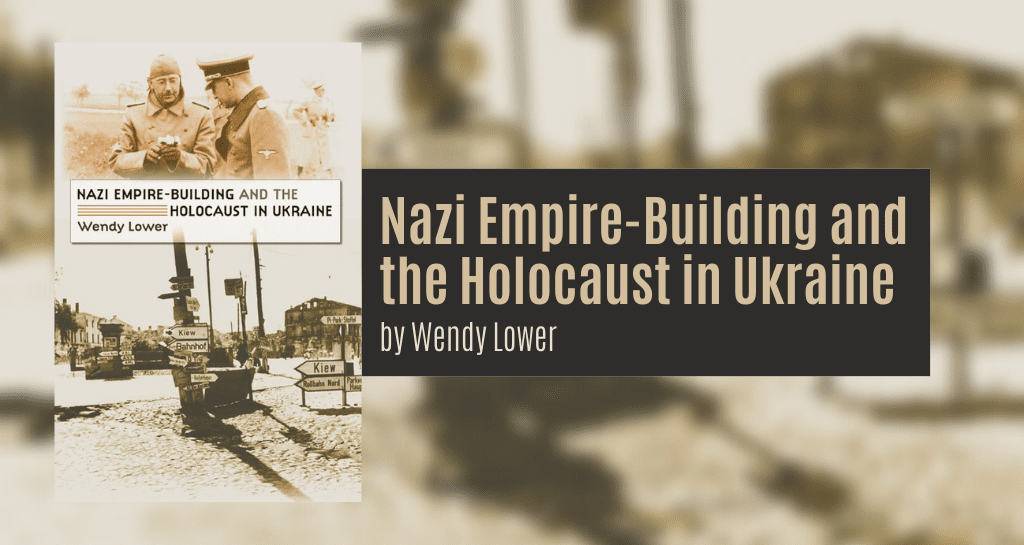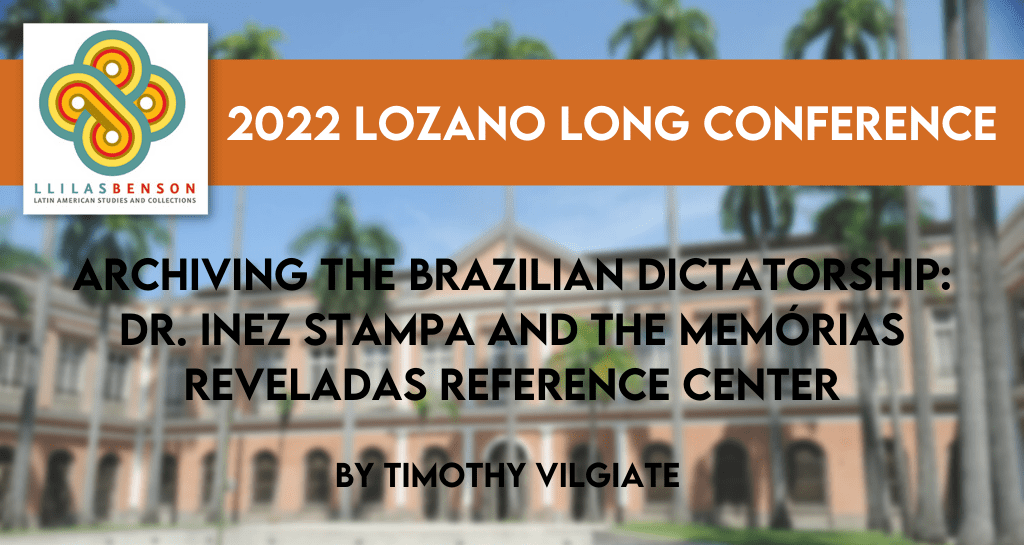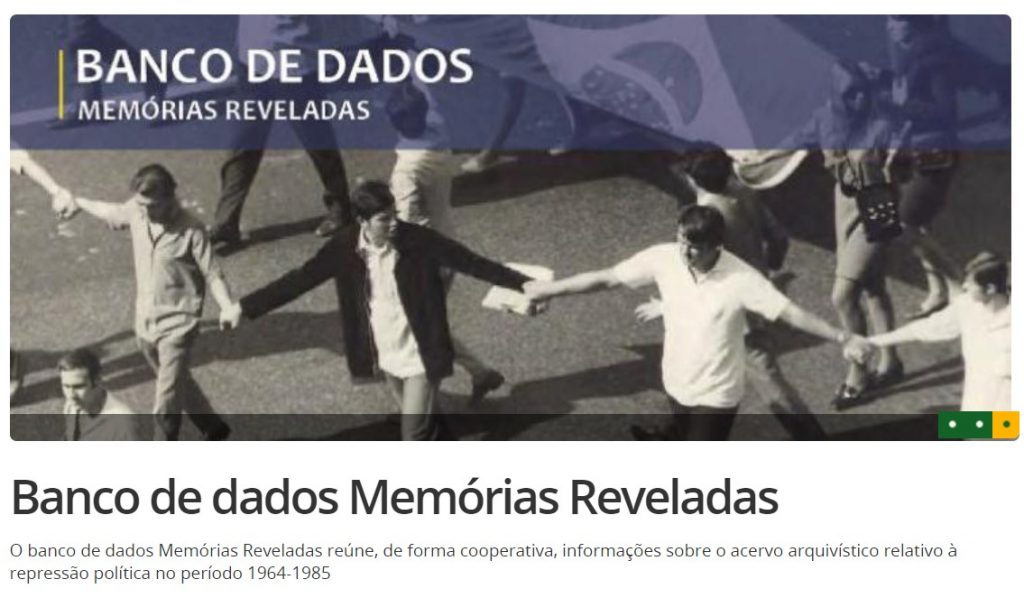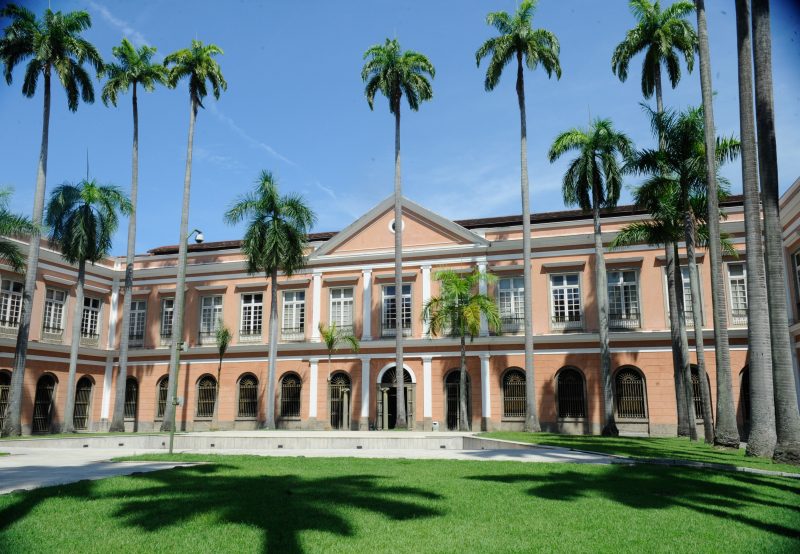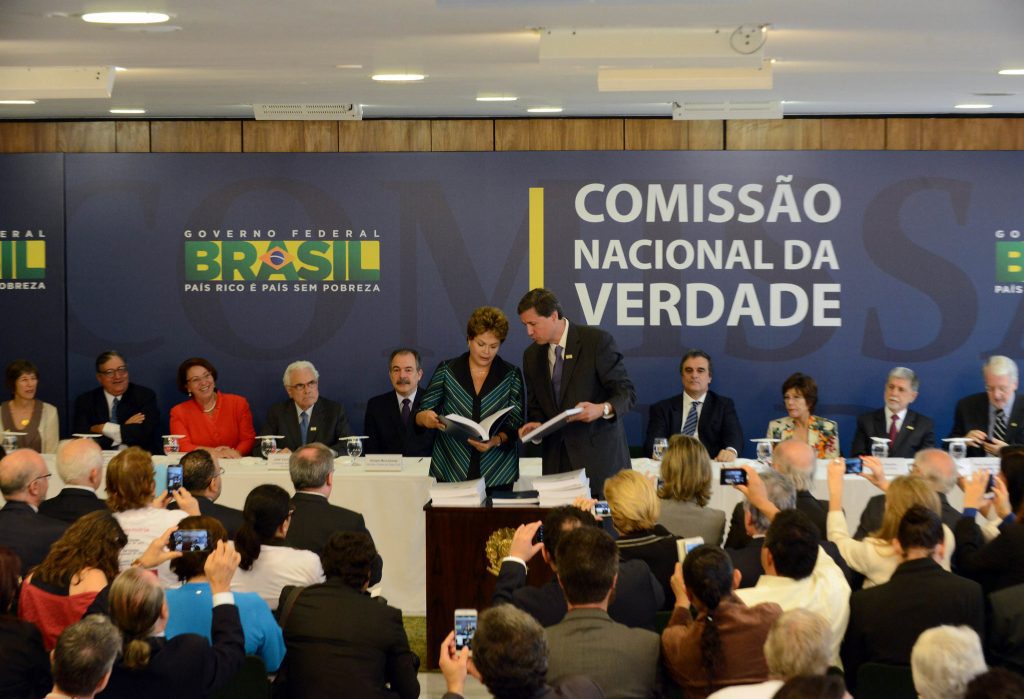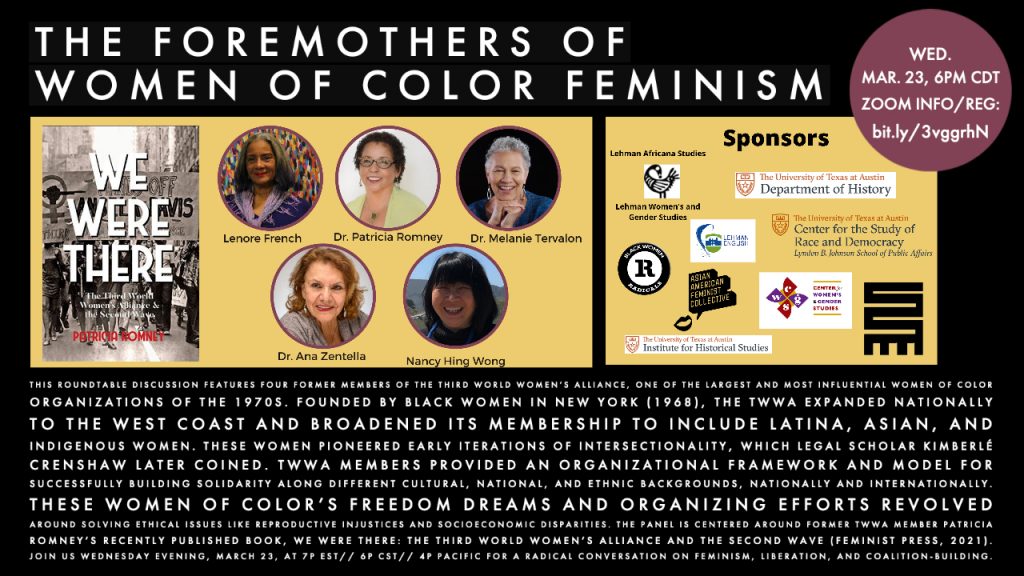
Institute for Historical Studies – Wednesday March 23, 2022
This roundtable discussion features four former members of the Third World Women’s Alliance, one of the largest and most influential women of color organizations of the 1970s. Founded by Black women in New York (1968), the TWWA expanded nationally to the West Coast and broadened its membership to include Latina, Asian, and Indigenous women. These women pioneered early iterations of intersectionality, which legal scholar Kimberlé Crenshaw later coined.
TWWA members provided an organizational framework and model for successfully building solidarity along different cultural, national, and ethnic backgrounds, nationally and internationally. These women of color’s freedom dreams and organizing efforts revolved around solving ethical issues like reproductive injustices and socioeconomic disparities. The panel is centered around former TWWA member Patricia Romney’s recently published book, We Were There: The Third World Women’s Alliance and the Second Wave (Feminist Press, 2021).

Sponsored by:
– Department of History
– Center for the Study of Race and Democracy
– Institute for Historical Studies
– John L. Warfield Center for African and African American Studies
– Center for Women’s and Gender Studies
– Black Women Radicals
– Asian American Feminist Collective
– Department of Africana Studies at Lehman College, CUNY
– Women’s and Gender Studies Program at Lehman College, CUNY
– The Department of English at Lehman College, CUNY
The views and opinions expressed in this article or video are those of the individual author(s) or presenter(s) and do not necessarily reflect the policy or views of the editors at Not Even Past, the UT Department of History, the University of Texas at Austin, or the UT System Board of Regents. Not Even Past is an online public history magazine rather than a peer-reviewed academic journal. While we make efforts to ensure that factual information in articles was obtained from reliable sources, Not Even Past is not responsible for any errors or omissions.
